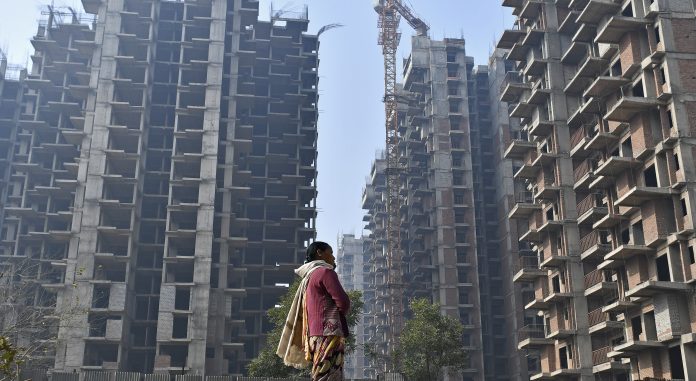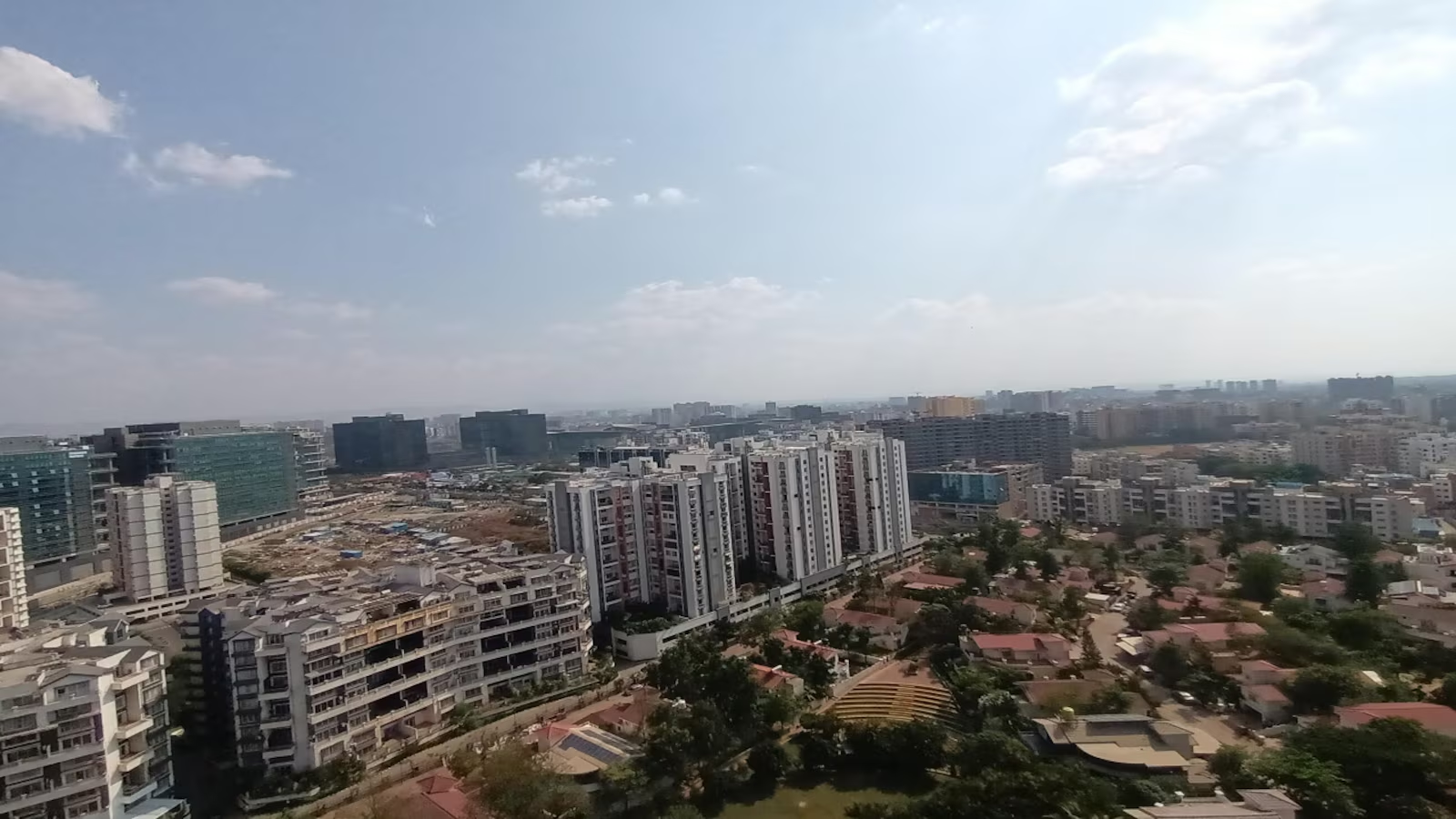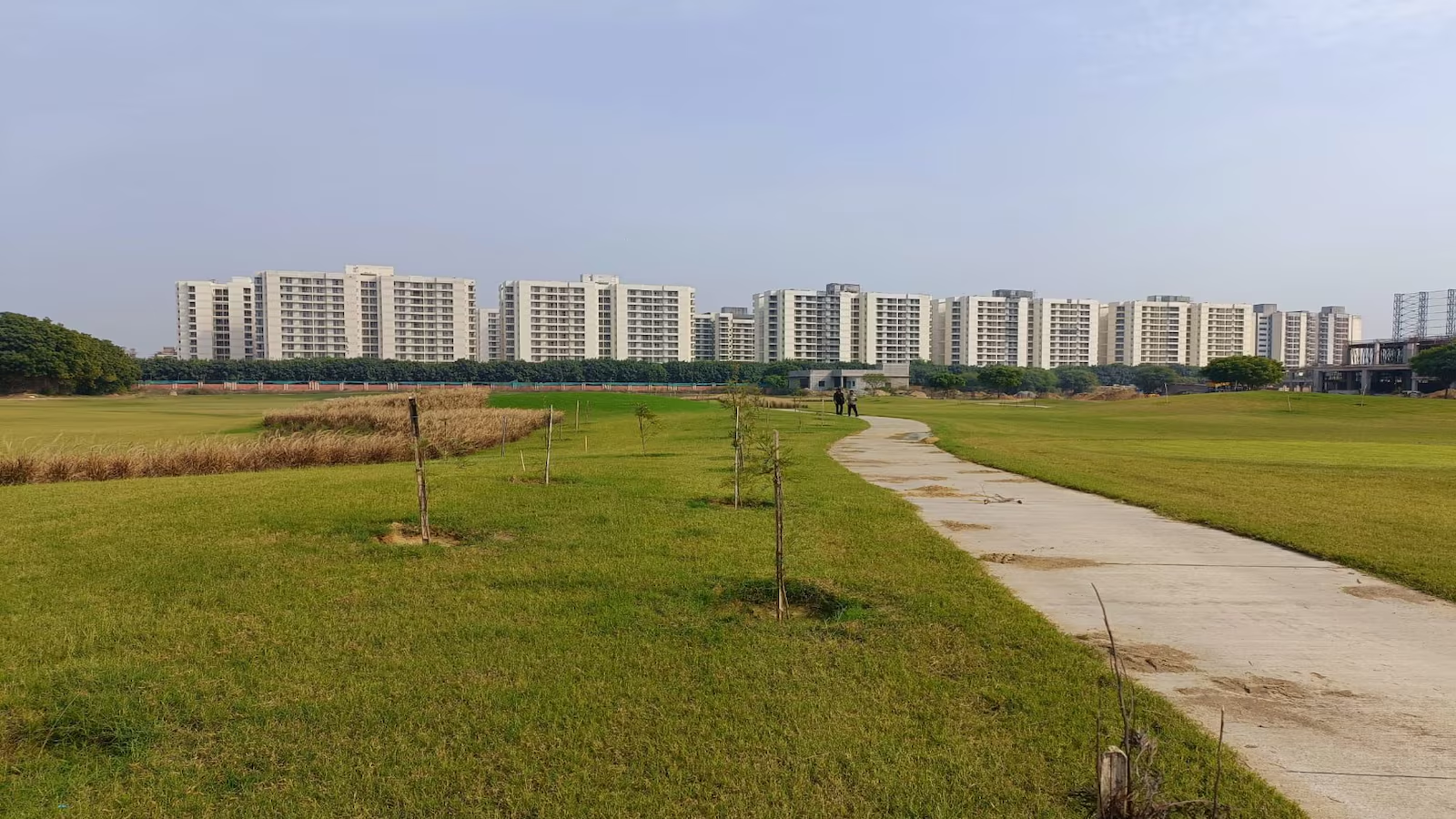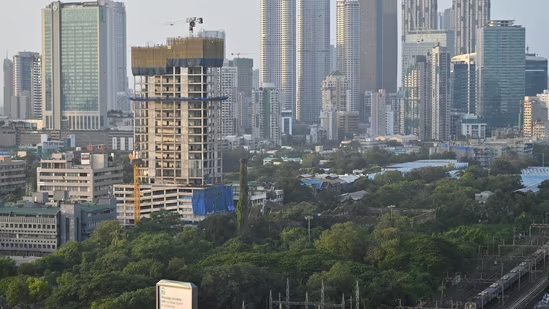Guest Column
Researching the Post-COVID-19 Real Estate Landscape




In a world drastically changed by COVID-19, the Indian real estate industry must move on, rebuild, reinvent and reimagine its future. Thanks to a microscopic virus, the world has become more connected, but the business landscape ahead is opaque and uncertain at best. Across industries, research teams have had to change gears quickly to help industries navigate this strange new world. Data-led research is no longer just an option – it has become a core necessity.
The lockdown period itself saw a scramble for informed insights into how the real estate would behave in the months – and perhaps years – ahead. More than raw data, the requirement now is for research-based conclusions, predictions and advice. Across the real estate value chain from developers to banking institutions and from government agencies to private equity players, industry stakeholders are investing heavily in such research.
Their prime focus areas – how to navigate a marketplace which will no longer behave as accustomed, and how to harvest a new and potentially fertile field of opportunity.
New Data – The Light in a Dark Tunnel
In the post-COVID-19 world, real estate research must go beyond real estate supply and demand parameters. In an unprecedented epoch of change where most old business formulae go out of the window, new business strategies specifically geared to decipher this strange new landscape must come in their place. New strategies can only emerge on the basis of new insights


To gain the requisite understandings, research will need to be based on the most recent data. A lot of data is already available and, in the past, collating and analysing historic data helped decode the unfolding market scenario.
Today, historic data has limited utility. For instance, ANAROCK ran two consumer sentiment surveys in a space of 3 months. The first showed customer preferences before COVID-19 struck, while the second one was conducted during the current lockdown period. There were some profound differences.
What New Data Reveals
Comparing the results of these pre-and-post-COVID-19 survey editions throws up interesting insights:
- Millennials – Indian millennials are now in favour of buying homes. This is a significant change in their previous outlook, which largely favoured renting almost everything. Suddenly, tech-savvy millennials have become the new target audience for real estate marketing. This is a tremendous change, especially since it came about in less than three months. In the pre-COVID-19 survey, millennials accounted for over 40% of aspiring homebuyers. This has now increased to 55%.
- Gold shines again – The pre-COVID-19 edition of the survey indicated that gold was rapidly losing its sheen as an investment asset class for investment. Merely 8% respondents preferred it over other asset classes. In the lockdown edition of the survey, gold had become a lot more interesting with over 18% preferring it over other asset classes.
- Risk-aversion – Most respondents now favour risk-free investments, so demand for properties by developers constituting the least execution risk has risen – even if such properties cost more. In the previous survey, over 52% respondent stated a preference for higher-priced properties from branded developers, as opposed to non-branded developers with lower price points but higher execution risk. In the latest survey, 62% stated such a preference – a over 10% jump during COVID-19.
- Real estate back as investment priority – The coronavirus pandemic has caused a massive change in investment temperament, especially after stock market volatility and the previous turmoil in financial markets. In the lockdown survey, the share of respondents who prefer real estate over volatile asset classes rose by 8% over the previous survey. Now, at least 41% respondents prefer real estate as an investment, against the previous 33%.
Pre-COVID-19 data is still useful to understand what has already happened – such as how much supply exists – but only more recent numbers can reveal how exactly this supply will be absorbed in this completely transformed marketplace. Current data is still limited since the COVID-19 pandemic itself is only about three months old. However, available new data shows some remarkable trends emerging.
Such data, and the inferences that can be drawn from it, will help us understand how the real estate market will behave going forward – and how the industry needs to respond.
-



 News4 weeks ago
News4 weeks agoGodrej Properties Sells Rs 3k cr+ Homes of Godrej Zenith, Gurugram, within 3 days
-



 News4 weeks ago
News4 weeks agoRBI’s Status Quo on Key Policy Rates to Help Maintain the Real Estate Growth Momentum, Say Industry Stalwarts
-



 News2 weeks ago
News2 weeks agoNoida’s High-Rise Societies Face Multiple Challenges Despite Rapid Urban Growth
-



 News3 weeks ago
News3 weeks agoOlive Announces Dhruv Kalro as Co-Founder
-



 News4 weeks ago
News4 weeks agoGodrej Properties Sells 5000+ Homes of Rs 9.5 cr in Q4FY24, Bookings up 84% YoY
-



 News3 weeks ago
News3 weeks agoVestian: Domestic Investors Dominate Institutional Investments in Jan-Mar’24
-

 News2 weeks ago
News2 weeks agoIndia to become the fastest-growing silver economy, housing up to 17% of the world’s elderly population by 2050: CBRE Report
-



 News4 weeks ago
News4 weeks agoHRERA Gurugram Rejects Godrej Properties’ Project Extension Application, Account Frozen For Prolonged Non-compliances




























